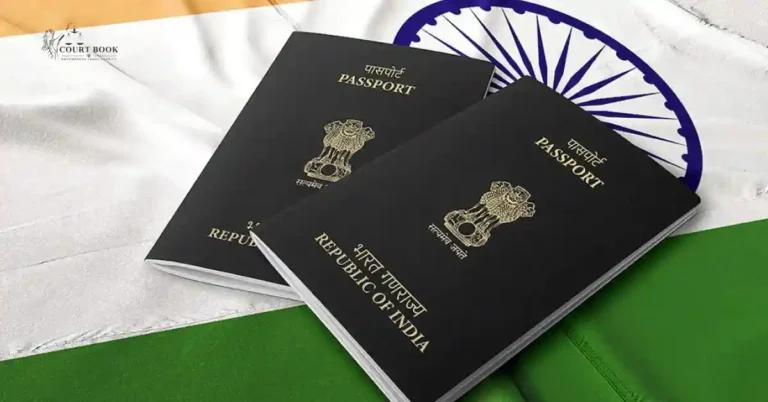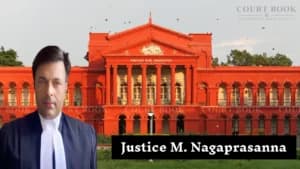The Andhra Pradesh High Court has once again affirmed that the mere existence of a pending FIR is not a valid reason to deny the renewal or reissuance of a passport. This was held while directing the Regional Passport Officer, Vijayawada, to renew the passport of a petitioner whose application was earlier refused due to an FIR from 2016.
The petitioner, Ravi Ramesh, had originally been issued a passport in 2015, valid for ten years. He applied for renewal on April 8, 2025. However, his application was stalled based on an adverse police verification report linked to a criminal case registered under Sections 406 and 407 of the Indian Penal Code. A shortfall notice was issued on April 26, 2025, and though he submitted an explanation on April 30, 2024, his application remained unprocessed.
Read Also:- Only Trial Courts Can Decide Travel Rights of Accused, Not Passport Authority: Gujarat High Court
The Court, presided over by Justice Subba Reddy Satti, ruled in favor of the petitioner, citing that the jurisdictional court had not yet taken cognizance of the case. The judge emphasized:
"Mere pendency of crime is not a bar for renewing/reissuing the passport."
The government’s counsel confirmed that although a final report had been submitted to the court by the police, it was returned and resubmitted on April 16, 2024. However, no judicial cognizance had been taken.
The court referred to Section 6(2)(f) of the Passports Act, 1967, which allows refusal of a passport only if proceedings in respect of an offence are pending before a criminal court. The judge noted that this clause does not apply unless the court has officially taken cognizance of the charges.
In support of its decision, the Court cited the landmark Supreme Court case Maneka Gandhi v. Union of India (1978), which stated:
“The right to travel abroad is a part of personal liberty and the right to possess a passport can only be curtailed by following the due process of law.”
The judge also referred to Satish Chandra Verma v. Union of India, wherein the Apex Court observed:
“The right to travel abroad nourishes the individual’s independent and self-determining character. It is a basic human right that cannot be denied without lawful justification.”
Read Also:- Furnishing False Information Under Passports Act Attracts Offence Even For Foreigners: Kerala High Court
In addition, the Supreme Court in Sumit Mehta v. State of NCT of Delhi highlighted:
“The law presumes an accused to be innocent until proven guilty. As such, a person is entitled to all fundamental rights, including the right to liberty under Article 21 of the Constitution.”
Further bolstering the petitioner’s case, a Division Bench of the Andhra Pradesh High Court, in a related 2024 decision, concluded that:
“Proceedings are said to be pending only if the court has taken cognizance and initiated steps under Chapter XVI of the Criminal Procedure Code. Without such cognizance, Section 6(2)(f) does not apply.”
Considering all these observations and the fact that the magistrate’s court had not taken any action on the final report, Justice Subba Reddy Satti directed the passport authority to renew the passport without reference to the 2016 FIR.
The writ petition was disposed of at the admission stage, with no order as to costs.
Case Title: Ravi Ramesh v. The Union Government Of India and Others














